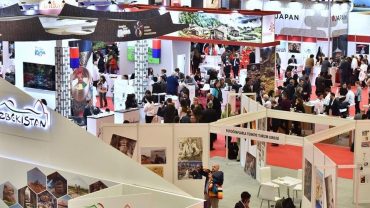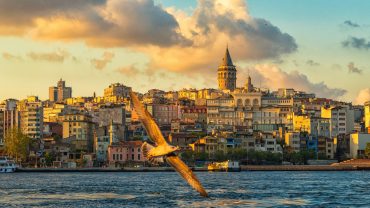
Tekirdağ (pronounced [teˈciɾdaː]; see also its other names) is a city in Turkey. It is a part of the region historically known as East Thrace, located on the Balkan peninsula in southeastern Europe. In 2019 the city’s population was 204.001. There are honorary consulates of Greece and Bulgaria in Tekirdağ.
Tekirdağ was called Bisanthe or Bysanthe (Greek: Βισάνθη/Βυσάνθη), and also Rhaedestus (Ῥαιδεστός) in classical antiquity. The latter name was used till the Byzantine era, transformed to Rodosçuk after it fell to the Ottomans in the 14th century (in western languages usually rendered as Rodosto). After the 18th century it was called Tekfurdağı, based on the Turkish word tekfur, meaning “Byzantine lord”. In time, the name mutated into the Turkish Tekirdağ, and this became the official name under the Turkish Republic. The historical name “Rhaedestos” (transcribed also as Raidestos) was continuously used till today in Greek Orthodox ecclesiastical context (e.g. Bishop of Raidestos, Metropolitanate of Heraclia and Raidestos (18th-19th centuries).
Places of interest
The Tekirdağ Museum of Archaeology and Ethnography contains archaeological artifacts found in and around the province, as well as ethnographical items used by the residents of the region relating to the history of cultural life.
The Namık Kemal House Museum is devoted to the life and works of theTurkish nationalist poet Namık Kemal (1840–1888).
The Rakoczi Museum, an 18th-century Turkish house, where the Hungarian national hero, Francis II Rákóczi lived during his exile, from 1720 till his death in 1735. Today, the museum is a property of Hungary and is widely visited, having become a place of national pilgrimage.
Of all the statues of Atatürk in Turkey, the town centre of Tekirdağ holds the only one that was made exactly life-size.
Kutman Wine Museum of Kutman Winery at Mürefte, Şarköy in Tekirdağ





Comment (0)